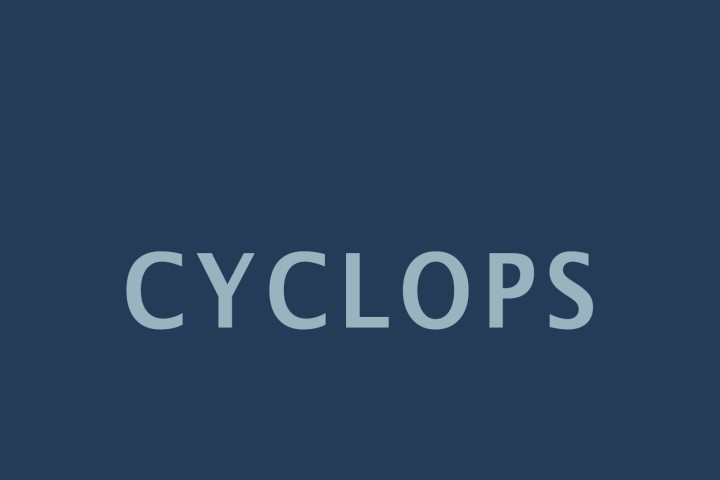CYCLOPS
Chemical recycling of oxygenated polymer materials.

The goal of CYCLOPS is twofold: developing and optimizing a novel reductive depolymerization process based on heterogenous catalysis, and secondly, selectively depolymerizing waste mixtures of heteropolymers, viz. oxygenated polymers (polyethers, PEs and PCs) into high added value polyols.
This project aims to develop and optimize a novel heterogeneously catalyzed reductive depolymerization process to selectively depolymerize waste mixtures of heteropolymers, in particular oxygenated polymer materials (polyethers, polyesters and polycarbonates) into high added value polyols. The later will be subsequently formulated into functional materials with a focus on potentially recyclable epoxy resins.
The extensive use of polymers causes the production of several million tons of waste plastics (29.1 Mt/y in 2018 in the EU) of which only 32.5% are recycled. Most of the recycling techniques are still based on mechanical methods that necessitate high feedstock purity and produce lower performance materials. An alternative is catalytic depolymerization, which is an interesting way of chemical recycling that is able to treat waste mixtures and create monomers to be used in a closed loop polymer cycle. According to the targets set by Flanders Industry Innovation Moonshot, the recycling of 60% of post-consumer volume of heteropolymers should be achieved by 2030. Therefore, the recycling of oxygenated polymer materials will directly contribute to solving the waste problem associated with heteropolymers.
In this context, CYCLOPS aims to create a unique and innovative solution for a global plastic waste recycling problem involving different types of oxygenated polymer materials (e.g. PLA, PC, PHB, PCL and mixtures such as PET/PLA, PET/PC and PC/ABS). While available technologies for the recycling of oxygenated polymer materials mainly focus on pure streams and neglect mixtures, CYCLOPS offers to treat waste mixtures. Reductive depolymerization will enable high conversions and selectivity using mild reaction conditions. In addition, the produced depolymerized fractions made of high added-value polyols will be formulated into novel recyclable epoxy resins using a design for recycling. The recyclability of these produced materials will be tested by pyrolysis, solvolysis and reductive depolymerization. Furthermore, experimental data obtained within this project will enable a first techno-economic assessment & life cycle assessment for the new technological route.
The Strategic Basic Research for clusters project will combine innovative solutions for the reductive plastics depolymerization (VITO - Separation and Conversion Technology), novel catalyst synthesis and testing (UGent - Laboratory for Chemical Technology), the characterization and purification of the depolymerization products (UGent - Department of Green Chemistry and Technology), the formulation and recycling of recyclable epoxy resins (VITO - Sustainable Polymer Technologies and UGent - Laboratory for Chemical Technology).
Valorisation potential - Application fields for the developed technology
- chemical recycling process for heteropolymer mixtures: technically scalable reductive depolymerization process for mixtures of oxygenated polymer materials recycling which is complementary to mechanical recycling and pyrolysis.
- scalable and energy efficient downstream processing (DSP) technique for the purification of plastic depolymerization streams.
- valorisation of depolymerized streams via synthesis of recyclable epoxy resins.
- recycling of the formulated epoxy resins by different methods (pyrolysis, solvolysis and reductive depolymerization).
